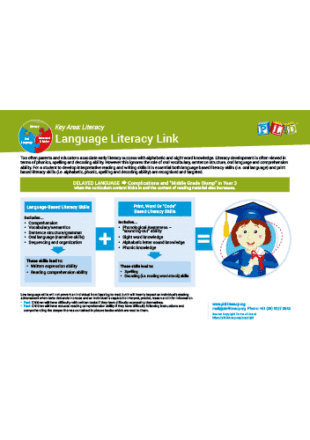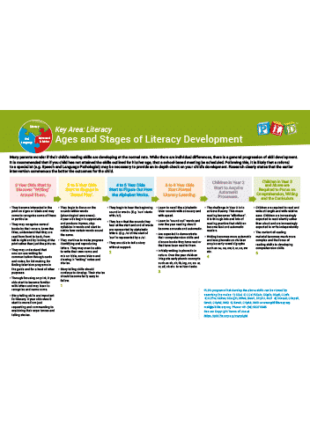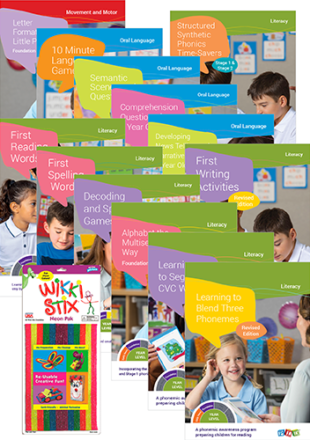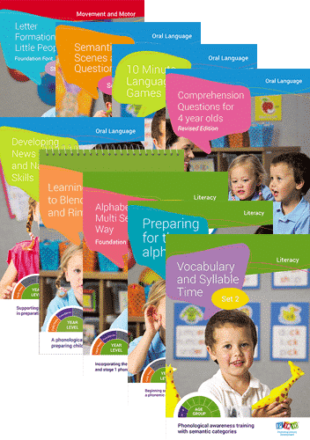Key Areas That Maximise Academic Achievement
 Year Level:
Year Level: Early Years, Foundation, Year 1 & 2, Years 3 to 6
PLD advocates that a child is more likely to reach their full academic potential when three key areas are simultaneously developed. The information sheet summarises the three key areas:
1) Literacy (Spelling and Decoding)
2) Movement and Motor
3) Oral Language
What is Literacy/Spelling and Decoding?
Spelling and decoding or “word attack” skills are derived from:
- Phonological awareness or ‘sounding out ability’
- Alphabet knowledge – and particularly the ‘sounds’
- Phonic knowledge
- Sight word knowledge
But the hallmark of literacy proficiency is the ability to read and comprehend the material read and written expression ability (as opposed to spelling ability). These hallmark skills are influenced also by the Skills Set 1 and 2 listed above.
What is Oral Language?
Oral language refers to the act of speaking and listening. The main components include:
- Word knowledge – vocabulary
- Sentence structure – grammar
- Language understanding – semantic and comprehension ability
- Structured thinking – the ability to elaborate, organise and sequence thoughts
Students need to be able to process information heard and explain the information in order to be successful within the curriculum.
What is Movement and Motor?
Perceptual motor refers to the ability to hear something, interpret the meaning and form an appropriate motor response. Importantly the way a child organises and uses their body is a significant part of literacy-based learning.
- Perceptual – input or receiving the message
- Motor – output or the response
In schools, students are constantly required to complete curriculum activities which involve physical
movements. The more smooth and fluid these body movements are the more efficiently a student
will keep up with the pace of a classroom and complete work of a satisfying standard.








